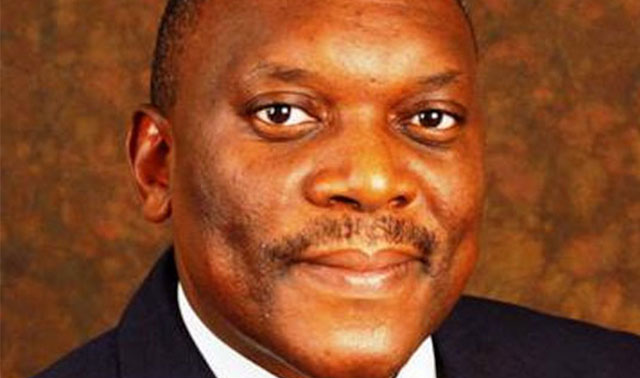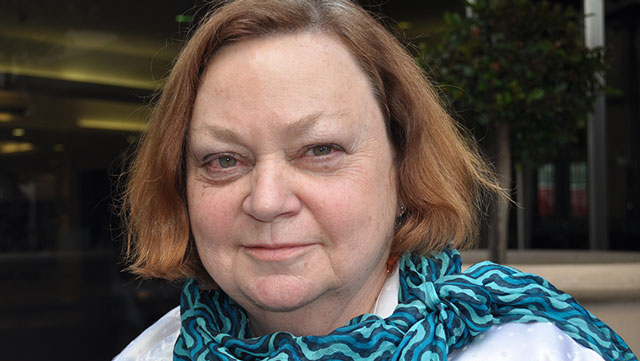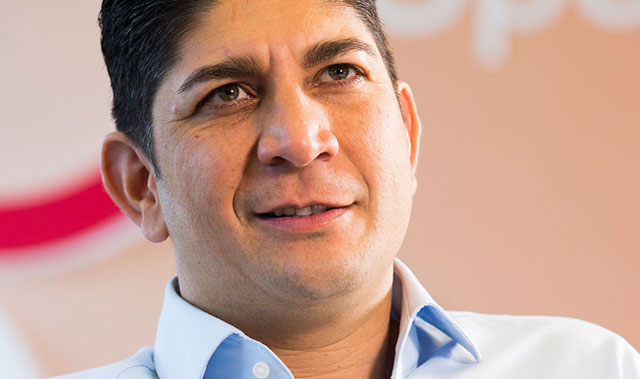
Telkom has walked away from talks to buy state-owned telecommunications infrastructure provider Broadband Infraco, TechCentral has learnt.
According to a well-placed source, the parties could not agree on price. This was after Telkom completed a due diligence of Infraco.
Telkom offered to pay R1 for the troubled company, according to the source, while Infraco was apparently seeking “several hundred million rand” for the deal to proceed.
Neither party is saying much.
Telkom spokeswoman Jacqui O’Sullivan said in a brief written statement in response to questions from TechCentral: “While there have been discussions … [the] parties could not reach agreement on various matters.”
O’Sullivan said Telkom is “not at liberty” to provide further details of why the discussions broke down.
Infraco chief marketing and sales officer Sammy Mafu said in an e-mailed response to questions that the company is not able to comment on a possible sale as the matter lies with government as its shareholder.
Infraco, Mafu said, would be “usurping shareholder authority” if it were to comment.

A spokesman for telecoms & postal services minister Siyabonga Cwele did not respond to a request for comment.
Telkom’s decision to walk away from Infraco leaves the loss-making company in a tenuous position.
Until as recently as April, the odds of a merger of Infraco and Telkom, in which the state holds a direct 39,8% stake, were looking quite good.
Infraco had indicated in its latest annual report, tabled in parliament in April, that it supported a plan by government to merge it with Telkom.
According to a report in Business Day, it also said that it should receive assistance from the state as soon as possible to prevent “further erosion of its value”.
Infraco lost R245m in the 2015 financial year, compared to a loss of R144m previously.
In February, Cwele said that Infraco and Telkom were in talks about how they could co-operate on infrastructure projects. The rationalisation process was “urgent” for Infraco, Cwele was reported to have said at the time.

Broadband Infraco, which was the brainchild of former public enterprises minister Alec Erwin, has struggled for years to turn a profit.
The company was established to create a national telecoms backbone to compete with Telkom, which had a monopoly at the time.
Government holds a direct 74% stake in Infraco, which owns about 15 000km of fixed-line infrastructure.
Democratic Alliance MP Marian Shinn said the breakdown of the talks between Telkom and Infraco means that government must now put the company up for sale to the highest bidder, and be realistic about what the company is worth.
“An auction is the only way to go,” she said.
“There are no alternatives. Government must rid itself of the notion that it should be the wholesale broadband network supplier to the nation. It must — with speed — motivate and incentivise the private sector to collaborate in rolling out the network throughout the country on whatever platforms are most appropriate to rural and urban areas,” Shinn said.

“These network providers have the expertise, experience and management skills to do this. Government does not.”
There are other potential bidders waiting in the wings. Bloomberg reported in April that Vodacom had expressed an interest in having a look at the company with the view to a potential acquisition.
The deal, if it were to happen, would help the mobile operator gain at least some of the infrastructure it would have received through its now-abandoned R7bn acquisition of Neotel, the news wire said.
“When our proposed acquisition of Neotel lapsed earlier this year, we said that our ambition to increase the roll-out of fibre-based broadband services to customers remains,” Vodacom CEO Shameel Joosub was quoted as having said. Acquiring Infraco could help it achieve that.
Infraco’s Mafu, meanwhile, said the company remains focused on its core priorities.
“The company has successfully diversified its customer base from one to three anchor customers and is now boasting a total of 27 customers,” he said.
Mafu added that the company is managing its costs so that it achieves positive earnings before interest, tax, depreciation and amortisation by the end of the 2016/2017 financial year in March next year. — © 2016 NewsCentral Media

